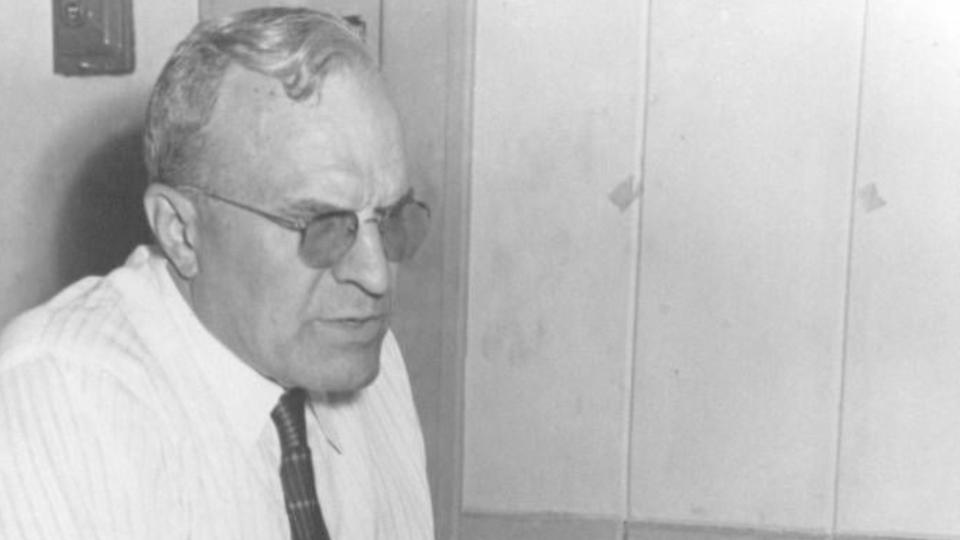The Blind Automotive Engineer Who Saw More Than Most
Read the full story on The Auto Wire

Ralph Teetor was truly a wise man from whom we can still learn much.
If you’ve read through lists of little-known automotive history facts, you likely have come across the tidbit about a blind engineer inventing cruise control. That’s about all most know on the subject, but the life story of Ralph R. Teetor is loaded with timeless value. More than just a gimmick or a footnote in automotive history, the man put into practice several valuable principles he attributed to his career and personal success, and I would have to agree it was adhering to those ideals which helped him to push past barriers many would find impossible obstacles.
See how fast a Porsche Taycan is on the Nurburgring here.
Ralph was a deeply religious man.
Raised a Christian Scientist, Ralph was taught from a young age to have faith in God and to apply himself dutifully every day. That tireless work ethic and trust that a higher power was watching out for his wellbeing allowed Ralph to literally step into the darkness every day for the rest of his life, knowing he wasn’t alone in his struggles. He easily could have sunk into nihilistic despair at the challenges of living blind from the time he was a small child. Instead, he accepted his burdens and allowed God to help make his weaknesses his strengths.
Ralph didn’t believe in being a victim.
After Ralph retired, an engineer from the Speedostat (what we know as cruise control) project asked Ralph the question many probably wanted to but were too scared to verbalize. “With all that you have been able to accomplish, what more do you think you would have done if you had been able to see?” The man probably was thinking if Ralph had the use of his eyes throughout his entire lifetime, he would have been even more accomplished and productive.
Ralph, however, didn’t agree with that implication in the least. “I probably couldn’t have done as much, because I can concentrate and you can’t.” Especially in this time of constant media flow, his point is quite salient. What more could we accomplish if we switched off all the devices and distractions, concentrating for even just a short time each day?
Ralph despised heavy-handed government regulations.
Having always been suspicious of too much government intervention into private matters, Ralph was furious when Ralph Nader published Unsafe at any Speed in 1965. The book famously took down the Chevy Corvair, characterizing it as having a fundamentally flawed design. Nader also lambasted the automotive industry in general as caring nothing for the safety of vehicle occupants.
Prophetically, Ralph believed Nader’s push was the beginning of crushing government regulation in the auto industry. He went so far as to send Nader a letter filled with scathing reproaches: “… because you have concentrated practically all of your condemnation for the cause of highway accidents on the design of automobiles, you have relieved the drivers of their responsibility for safe driving.”
Today, this practice of blaming automakers for accidents which likely we caused by operator error has become commonplace. For example, studies into unintended acceleration events on multiple brands since Audi was smeared in the 1980s in the US market have concluded drivers have likely pressed on the accelerator instead of the brake pedal, or were pushing both pedals at the same time, yet automakers have been punished greatly for those and other incidents likely involving operator error.
The next line in the letter to Nader I think points out the end game of this total obsession with vehicle safety: “it is impossible to build a practical automobile that is safe when driven by an unreliable driver.” Ralph’s proposed solution was to pass laws to bar incompetent drivers from operating vehicles. However, the growing call from the tech and auto industries has been to remove the human from the wheel and let robots, which supposedly are perfect in their operation, to take over entirely. This utter disdain for humanity has taken other forms beyond just the safety push, but Ralph thought the catalyst for this effort in the auto industry was Ralph Nader.

 Yahoo Autos
Yahoo Autos 